Activision Blizzard Acquisition: FTC's Appeal And The Future Of Gaming
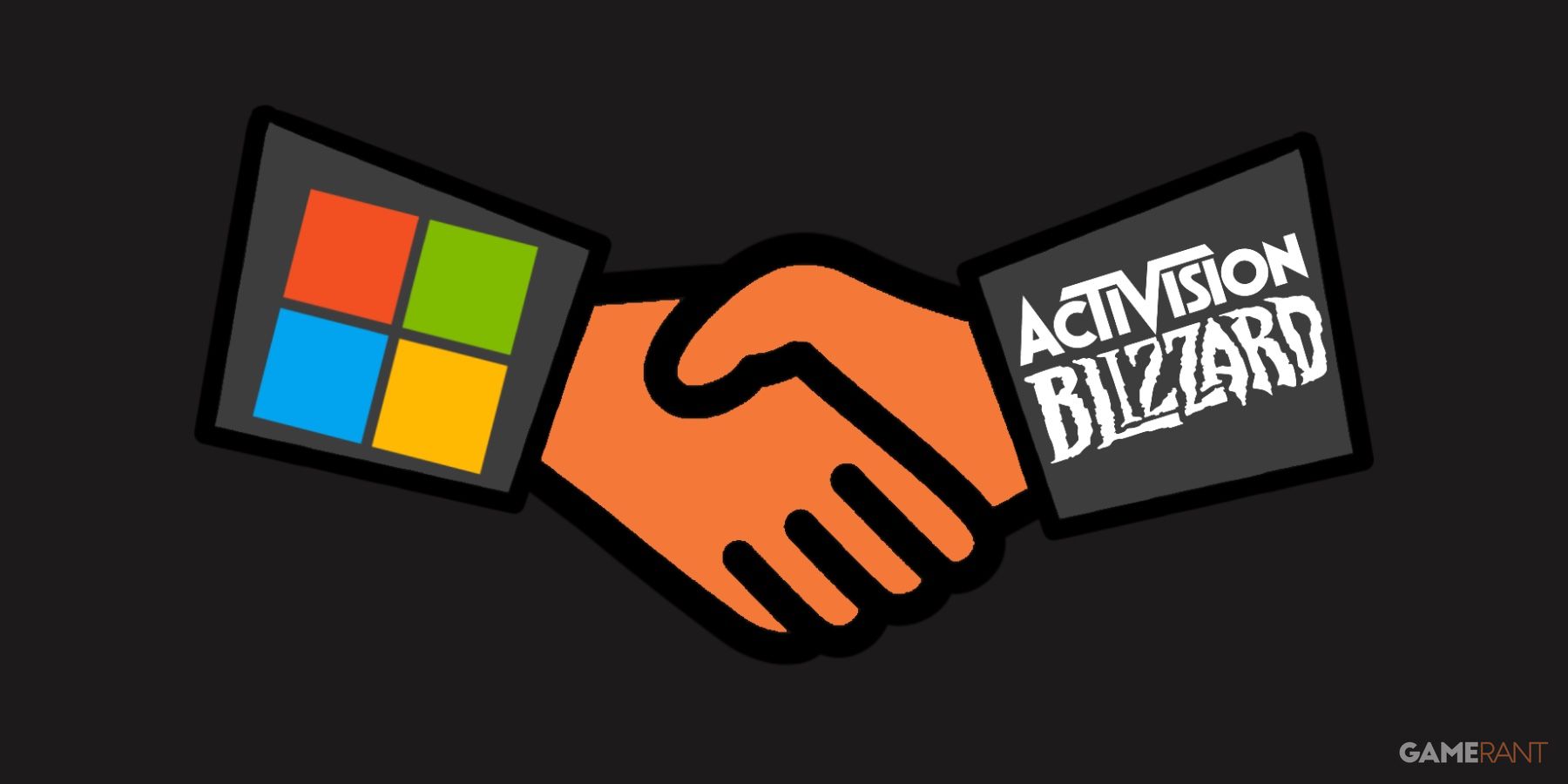
Table of Contents
The FTC's Case Against the Microsoft-Activision Blizzard Acquisition
The FTC's core argument against the Microsoft-Activision Blizzard acquisition centers on concerns about market dominance and anti-competitive practices. They argue that the merger would give Microsoft an unfair advantage, harming competition and potentially leading to negative consequences for consumers.
-
FTC's claims regarding reduced competition in the console gaming market: The FTC alleges that the merger would significantly reduce competition in the console gaming market, particularly impacting the ability of Sony PlayStation to compete effectively. This is largely based on the immense popularity and importance of franchises like Call of Duty.
-
Concerns about Microsoft's control over key franchises like Call of Duty: The FTC highlights the potential for Microsoft to leverage its control over Call of Duty and other Activision Blizzard franchises to stifle competition. This includes the possibility of making these titles exclusive to Xbox consoles or making them less accessible on competing platforms.
-
Arguments about potential price increases for games and subscriptions: The FTC argues that the reduced competition could lead to higher prices for games and subscription services like Xbox Game Pass. This would ultimately harm consumers, reducing their choice and increasing their spending.
-
Discussion of the FTC's proposed remedies (if any): While the FTC's initial complaint sought to completely block the acquisition, the specifics of their proposed remedies, if any, have evolved throughout the legal process. [Link to relevant FTC documents].
The FTC's case rests on establishing that the merger would substantially lessen competition, setting a crucial precedent for future mergers and acquisitions in the tech industry, particularly within the gaming sector. Legal experts are closely following the case, analyzing the arguments and potential impact on antitrust law.
Microsoft's Defense and the Global Regulatory Landscape
Microsoft has vigorously defended the Activision Blizzard acquisition, arguing against the FTC's assessment of market dominance and highlighting its commitment to keeping Call of Duty multi-platform.
-
Microsoft's pledges to maintain Call of Duty on PlayStation: A central part of Microsoft's defense has been its repeated public commitments to maintain Call of Duty availability on PlayStation consoles, even suggesting long-term contractual agreements.
-
Arguments against the FTC's assessment of market dominance: Microsoft argues that the gaming market is highly competitive, with numerous significant players beyond itself and Sony. They contend that the acquisition wouldn't create a monopoly.
-
Mention regulatory approvals in other regions (e.g., EU, UK): A significant aspect of Microsoft's defense is the fact that the acquisition has already received regulatory approval in several key regions, including the European Union and the UK, further undercutting the FTC's claims of insurmountable anti-competitive concerns.
-
Discussion of Microsoft's overall gaming strategy and its implications: Microsoft's strategy involves growing its Game Pass subscription service and expanding its presence in cloud gaming. The acquisition of Activision Blizzard is seen as a key component of this strategy.
Microsoft's agreements with other gaming platforms, such as their recent deals to bring Call of Duty to Nintendo Switch, are crucial elements in their defense. The differing regulatory approaches taken by various countries highlight the challenges faced by global companies navigating international antitrust laws.
Potential Outcomes and Implications for the Gaming Industry
The outcome of the FTC's appeal could significantly impact the gaming industry. Several scenarios are possible: a successful appeal blocking the acquisition, a negotiated settlement, or dismissal of the FTC's case.
-
Impact on game pricing and availability if the acquisition is blocked: If the acquisition is blocked, it could impact the pricing and availability of Activision Blizzard games, potentially benefiting some competitors but potentially harming consumers who may lose access to some titles.
-
Influence on future mergers and acquisitions in the gaming sector: The outcome will set a precedent for future mergers and acquisitions within the gaming industry, influencing how regulators approach similar deals in the future.
-
Potential changes to regulatory frameworks for the tech industry: The case could lead to broader changes in regulatory frameworks for the tech industry, with potentially stricter scrutiny of large-scale acquisitions.
-
Long-term effects on competition and innovation within the gaming market: The long-term effects on competition and innovation remain uncertain but could include altered market dynamics, potentially impacting smaller developers and publishers.
The decision will significantly influence the console war between Xbox, PlayStation, and Nintendo. The impact on cloud gaming services like Xbox Cloud Gaming and the future of game distribution will also be notable.
The Future of Game Streaming and Cloud Gaming
The Activision Blizzard acquisition has significant implications for the burgeoning cloud gaming market.
-
Microsoft's Xbox Cloud Gaming and its potential influence: The integration of Activision Blizzard's vast game catalog into Xbox Cloud Gaming would strengthen Microsoft's position in this rapidly growing market.
-
Activision Blizzard's potential integration into cloud gaming services: Making Activision Blizzard's titles available via cloud gaming could expand their reach and accessibility.
-
Competitive implications for other cloud gaming platforms: This could potentially impact competitors like Google Stadia and GeForce Now, increasing the pressure on these services to maintain competitiveness.
Increased consolidation in the cloud gaming market resulting from the Activision Blizzard deal could lead to both benefits and drawbacks for consumers.
Conclusion
The FTC's appeal against the Microsoft Activision Blizzard acquisition raises critical questions about market competition and the future of the gaming industry. While Microsoft argues the deal will benefit gamers through expanded access and innovation, the FTC expresses serious concerns about the potential for reduced competition and higher prices. The potential outcomes—from a complete block to a negotiated settlement—will have far-reaching consequences, impacting game pricing, future mergers, and the regulatory landscape of the tech industry. The ongoing developments in the Microsoft's Activision Blizzard acquisition, including the FTC's appeal and its resolution, warrant continued monitoring. Stay informed about this crucial case and its implications for the future of gaming. The Activision Blizzard merger is far from settled, and its resolution will have a lasting effect on the gaming world. Keep abreast of the developments in the Activision Blizzard deal to understand its profound impact on the future of gaming.

Featured Posts
-
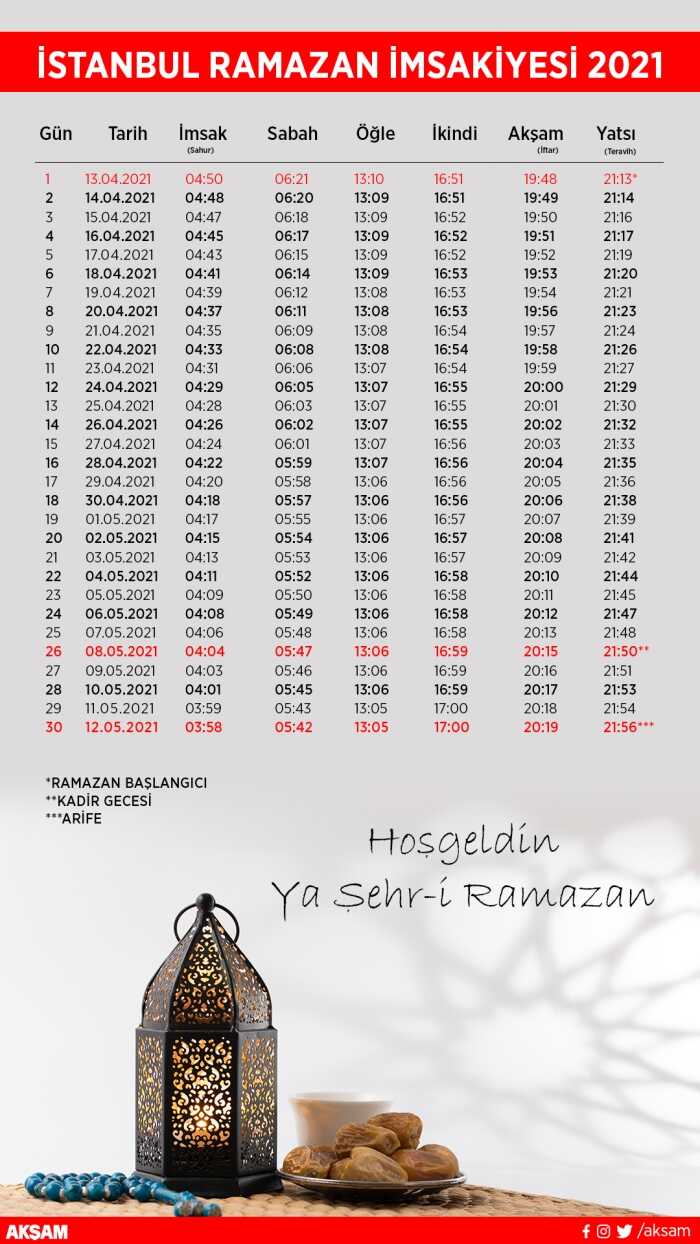 Istanbul Da 3 Mart Pazartesi Iftar Ve Sahur Vakitleri
Apr 23, 2025
Istanbul Da 3 Mart Pazartesi Iftar Ve Sahur Vakitleri
Apr 23, 2025 -
 Breast Cancer Awareness Learning From Tina Knowles Diagnosis
Apr 23, 2025
Breast Cancer Awareness Learning From Tina Knowles Diagnosis
Apr 23, 2025 -
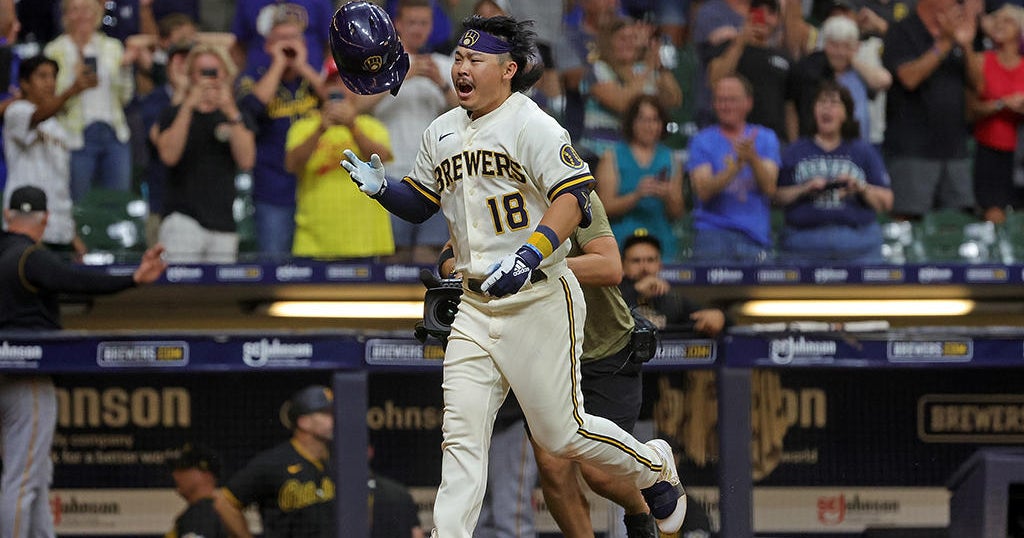 Brewers Historic Nine Stolen Bases Power Blowout Win Over As
Apr 23, 2025
Brewers Historic Nine Stolen Bases Power Blowout Win Over As
Apr 23, 2025 -
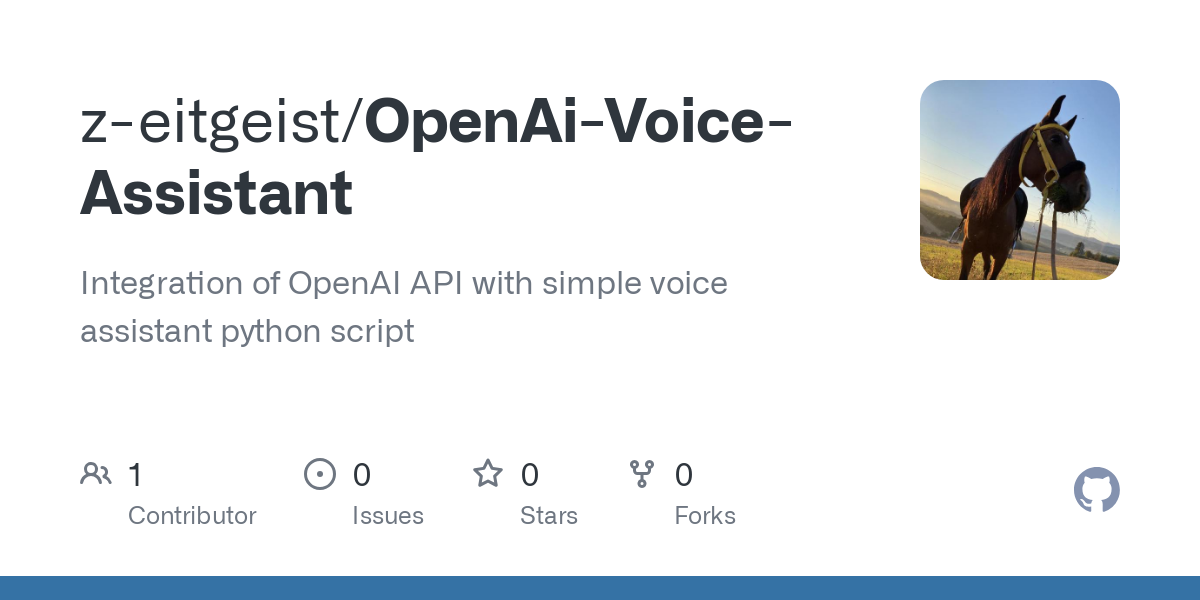 Open Ai Simplifies Voice Assistant Development
Apr 23, 2025
Open Ai Simplifies Voice Assistant Development
Apr 23, 2025 -
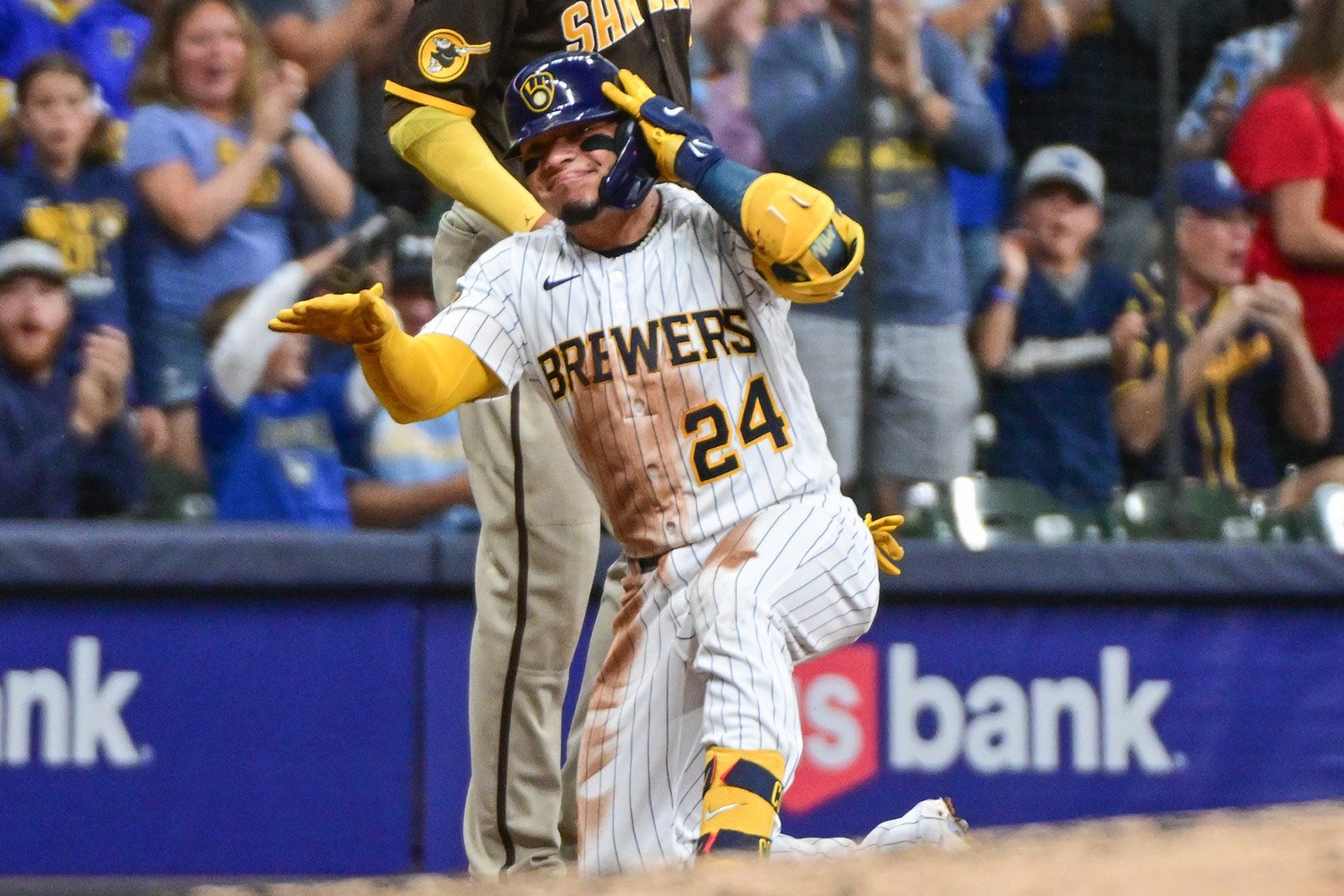 Assessing William Contreras Impact On The Milwaukee Brewers
Apr 23, 2025
Assessing William Contreras Impact On The Milwaukee Brewers
Apr 23, 2025
